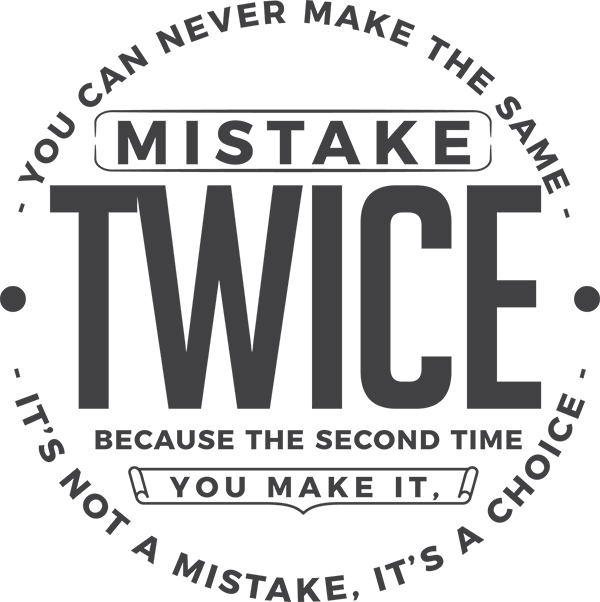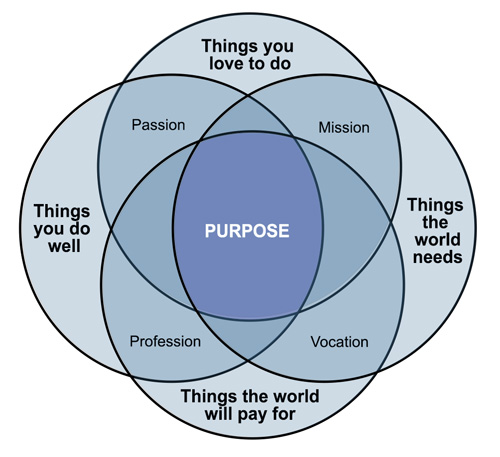Changing the ways you learned to be and not to be
We’ve all experienced some drama or trauma in our childhood that has shaped us into who we are today. It is the drama and trauma we experience as kids that caused us to be and not to be. Our parents and caregivers have the most impact on us and the way we come to be and not to be is born in our childhoods.
Some behaviors are accepted by our parents and caregivers, while others are rejected. We end up denying and ignoring those aspects of ourselves that are rejected by society.
Childhood Dramas and Traumas
I was born the second of three sons to a middle-class white family. My father was the provider, and my mom stayed at home to take care of the family. I grew up in a typical Suburbia USA town. My dad provided us with all the basics; food, shelter, toys, and a house with lots of open space to play. Looking in from the outside, my family seemed normal, but in the confines of our walls, there was plenty of drama going on.
My older brother Rick was born with a serious heart condition with four major complications. He was born in 1946 and there was nothing the doctors could do to cure his condition and they couldn’t say how long Rick would live. Two and a half years later, I was born in perfect condition. The mere fact that I was healthy set the stage for my role in life. I was to be perfect and that started my early life drama.
Whenever I got into an argument with Rick, my mother would stand behind Rick signaling to me to put an end to it. She would wave her hands saying no, no, stop to let me know to stop arguing with Rick. I was to stop teasing, yelling, arguing, and be careful not to upset my brother.
My mother’s message was so powerful it told me my feelings would hurt Rick, maybe even kill him. This happened a lot and it led me to internalize my feelings to not hurt my brother. I pushed aside the part of me that wanted to express myself, and I kept my feelings to myself.
Positive and Negative Traits

Some traits we pick up as kids end up being negative and harmful to us, while others are positive and beneficial. The drama in my early childhood affected me in so many ways. I got out of the house every chance I got. I became very independent. I left the house early in the morning and I played in a nearby park all day long, not returning until it got dark outside.
My childhood drama caused me to grow up into a strong and independent young adult. I was careful about everything I did. Strong, independent, and careful were all attributes people would agree as positive. The traits we pick up as kids as a means of survival guide us through the dramas and traumas. It becomes a way to survive and the experience whether positive or negative serves a purpose in our adult life.
My childhood caused some negative aspects within me. It made me non-spontaneous, unemotional and guarded. I felt disconnected most of the time. I buried my positive qualities to please my mother and not hurt my brother. I repressed my openness, my sensitivity, my connectedness, my emotions, and my needs.
If these traits are negative and we do not deal with them as adults, it affects our lives and our relationships. Until you deal with them and shine a light on it, it remains in the shadows and affects everything you do. To change those negative aspects requires you to take an honest look at yourself. You may need to revisit memories from the past to understand your issues.
The positive traits, on the other hand, referred to as our strong suits should be celebrated and embraced.
What About Free Will?
You may ask if all life comes with some drama and trauma, then do we have free will? The answer is yes and no.
No, we don’t have free will because we don’t get to choose our parents or the environments we grow up in. We don’t choose the circumstances of our births. We don’t have free will if our ways of being and not-being are out of control and determined by our parents and caregivers.
Yes, we have free will because no matter the circumstances of our life, we can choose and make better choices. We can dig deeper and explore our lives to see the things that caused us to be who we are now and who we are not. Once we do this, we are exercising our free will.
Finding Your Purpose
Everyone has ways they came to be and not to be. Once identified and understood, we can understand why we are the way we are now, and then make changes to live a happy and fulfilled life.

We take our power back when we look back and acknowledge all the parts of ourselves we denied and suppressed to make others happy. We can make peace with our pasts once and for all, and we can become the person we’ve always wanted to be. We become more balanced, whole, and we can be our true selves again.
Removing the restrictions of our pasts can pave the way for us to create new possibilities of being. For me, I can practice being myself again. I can be sensitive and express my feelings openly with no fears. I can state my needs and be spontaneous. I can acknowledge that an important part of my being is to connect deeply with people. A powerful transformation occurred for me once I looked at the things that caused me to be and not to be.
Taking Your Power Back
Taking your power back won’t happen overnight. It requires a lot of work. If we lived our lives 20, 30, 40, 50, maybe even more years, then making a change will take some time. It requires a desire to change. It requires you to make a strong intention to change your life for the better.
You can change and reclaim all those aspects of yourself you suppressed to impress society. Whatever ways you learned not to be, by dealing with your dramas and traumas, you can reclaim your power. I did it and so can you.
If we change the way we look at our trauma/drama stories, we can change our lives and our futures.







